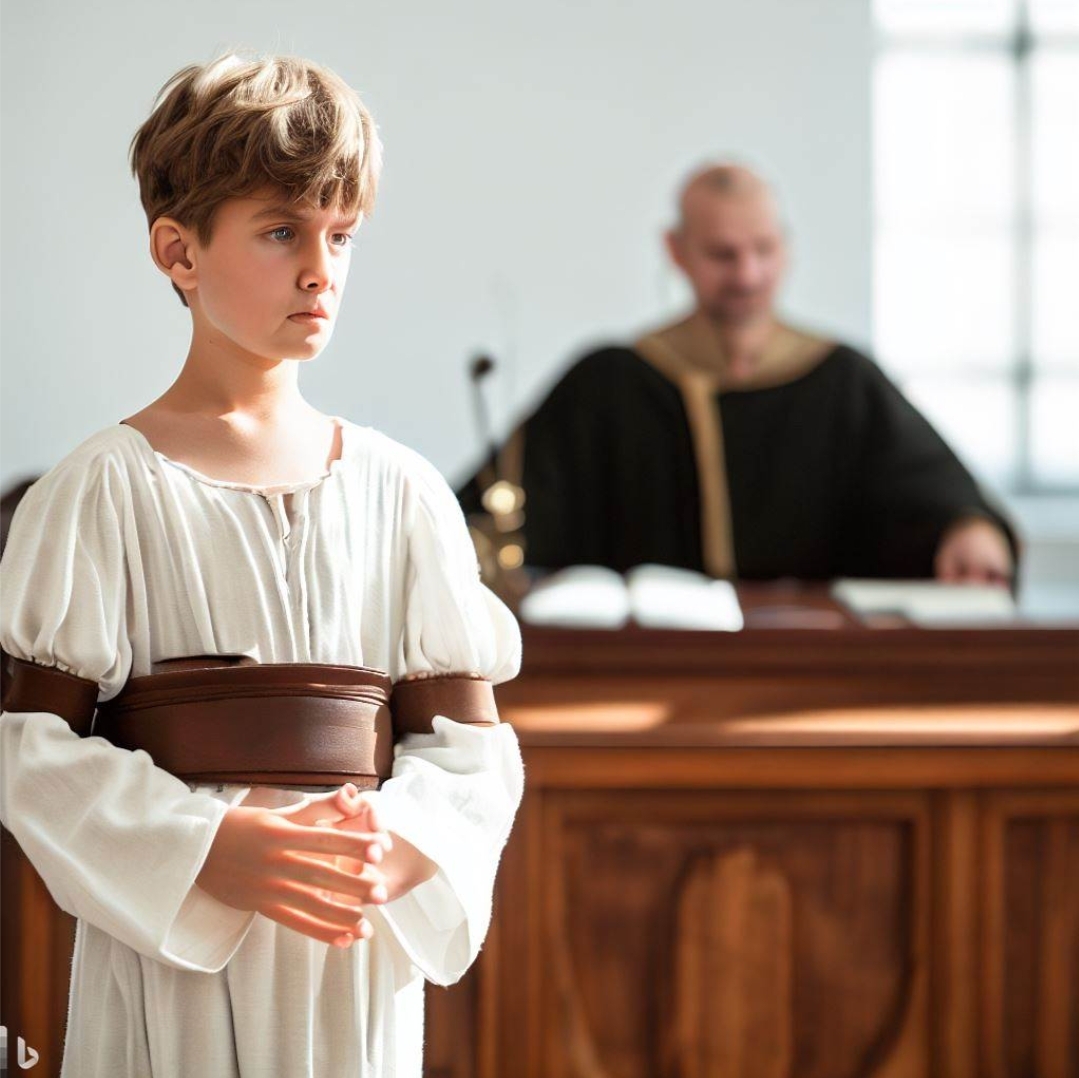Apprentices
The young folk do not care for qualifications. They are satisfied to learn their craft from the mad drunk in their villages who strives for ease over perfection, and charges his customers a pittance for his time - sometimes swapping his shoddy skills for goods like milk, meat or a bottle of ale.An apprentice is a young person who learns the skills of their chosen trade with a master. While most apprentiships require relocation to cities, some positions can be still be found in provincial villages and towns. Apprenticeships are closely monitored by the profession's Guilds in an attempt to ensure the quality of future goods created and cap competition in any given area.
The Hubraic Era
Prior to the Raskvaerii Invasion of Kredashmi, the education and training of young people was a very informal affair. Mostly children learned their trade from their father or mother, be that as a labourer, weaver, farmer or brewer. People did send their children to larger towns or cities to be educated by tradesmen or craftsmen, but these arrangements were unregulated. The Raskvaerii believed this made them open to abuse in terms of poor training, sudden dismissal, or apprentices being treated as household servants.In the wake of the Raskvaerii Invasion, the conquerors rapidly founded branches of their own, powerful Guilds in the capital city of Rykfontein. Any business or craftman wanting to continue operating in this new, economic environment had to submit themselves for assessment and pay a heavily discounted membership fees. Any business discovered to be operating without a Guild membership was subject to crippling fines and imprisonment.
Part of the conditions of joining a Guild concerned the training of young people. The Raskvaerii tradition of indentured apprenticeships became a requirement
Indentures: Expectations and Requirements
An Indenture is a written legal document that sets out the terms of an agreement between a master and their prospective student. It is commonplace that most Indentures are entered into by a parent or guardian in behalf of the young person, if they are aged under 14. After that age, Indentures are undertaken by the young person themselves.
Apprenticeships tend to last between five to seven years. During this time, the young person is subject to a series of strict rules that they have to obey, on pain of them losing their position. These included:
- "Honestly and faithfully Serv[ing] his [Master]", and obeying all "lawful Commands";
- Swearing never to hurt their master, nor let them come to harm by another's hand;
- Keeping all trade and personal secrets;
- No wasting, embezzling, giving away or lending of their Master's goods without permission;
- Forgoing marriage and "fornication";
- No gambling;
- Avoiding taverns, inns and alehouses;
- Not leaving their Master's home and business without permission.





I really love that you have an example of your ancestor's indenture certificate, that's so fun. Really fascinating take on the prompt, and I really liked the case study on the Judges.